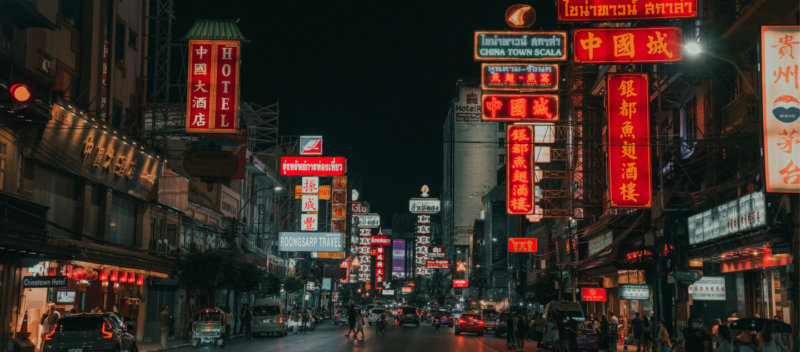

At ASAI, our favourite things are minimising environmental impact and supporting local artisans. By exclusively serving the coffee grown by this interviewee in our hotels, we tick both boxes. Meet Lee Ayu Chuepa, founder of Akha Ama Coffee, and get an insight into his groundbreaking farming practices and philosophy.
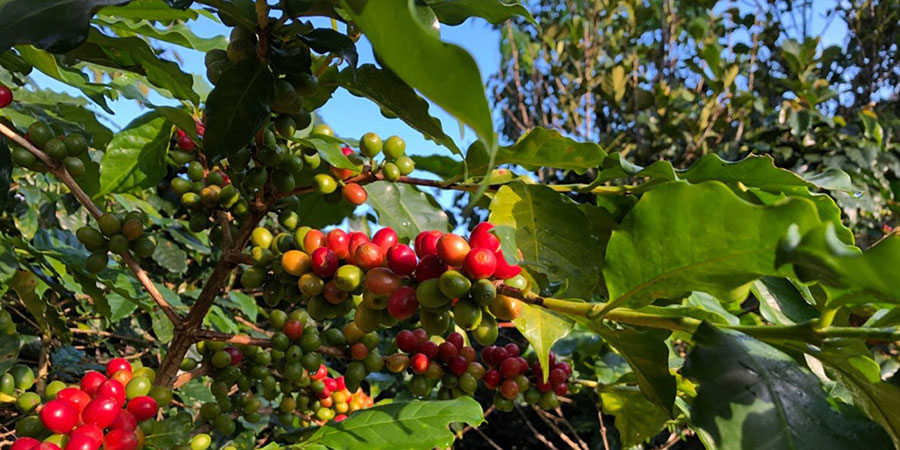
When I was little, I always thought that I’d grow up and get out of the village to get a good education, because opportunities and security were not common where I’m from. My interest in coffee came later, when King Rama IX gave his support to communities like mine. That gave me the chance to both find my passion for growing coffee and build a sustainable income for me and my family.
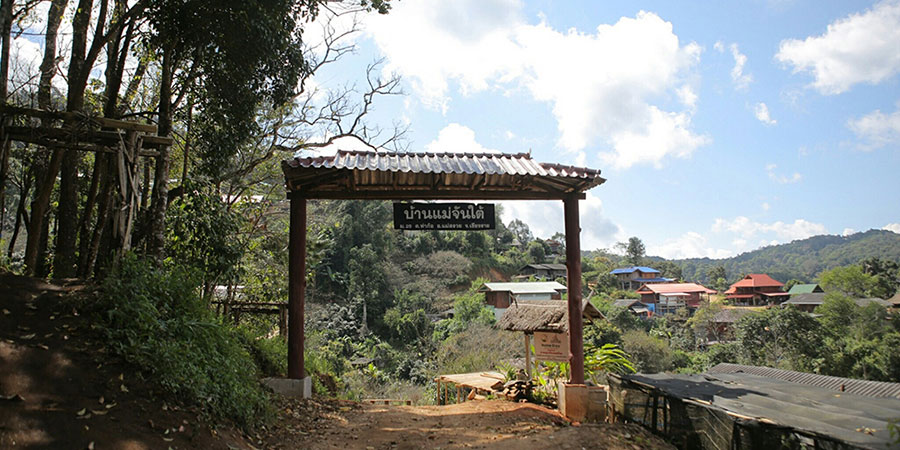
My inspiration comes from King Bhumibol Adulyadej–Rama IX, and his sufficiency economy concept: growing things that will generate income as well as sustain and improve our lives. By following his example, we went from growing fruit, tea and coffee to becoming one of the best producers in our region. Also, the mother of the King Rama IX, “Som Ded Yah”, was a great supporter of education and improving the lives of people in the villages. Finally, my mom and my dad, who have always worked hard to give our family a better education and quality of life, are an inspiration to me. The living conditions here are not the same as in a town, but we have a really privileged life in the mountains, thanks to them.
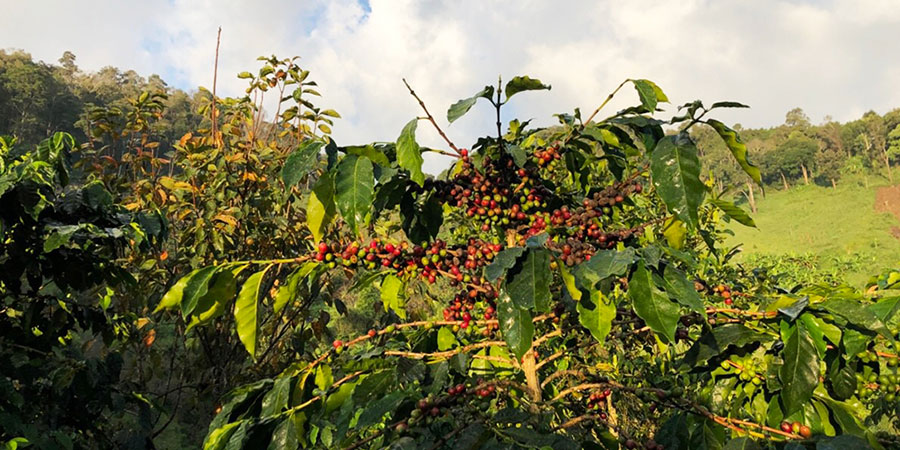
We call it integrated farming, others call it permaculture or multi-cropping. Inspired by great agricultural thinkers (including King Rama IX), the system is based on combining many different crops to support the biological system, ecological system and the biodiversity of the land. This way, you have different crops throughout the year, all of which generate income. For example, we grow coffee in the winter time and fruits in the summertime. It’s not only good for nature, it’s good for society, good for the community and good for the economy, and I think it’s something that we want to see more young people applying in farming communities.
We produce many things but our focus is on coffee. For us it’s about how we can produce the highest quality that nature can provide. Within that, we’re thinking about the whole ecosystem, including the bees, the insects, the trees. As a result, we get great mineral water, great honey and great pollination for our coffee. So more than a specialty in terms of a product, our specialty is our method and our philosophy.
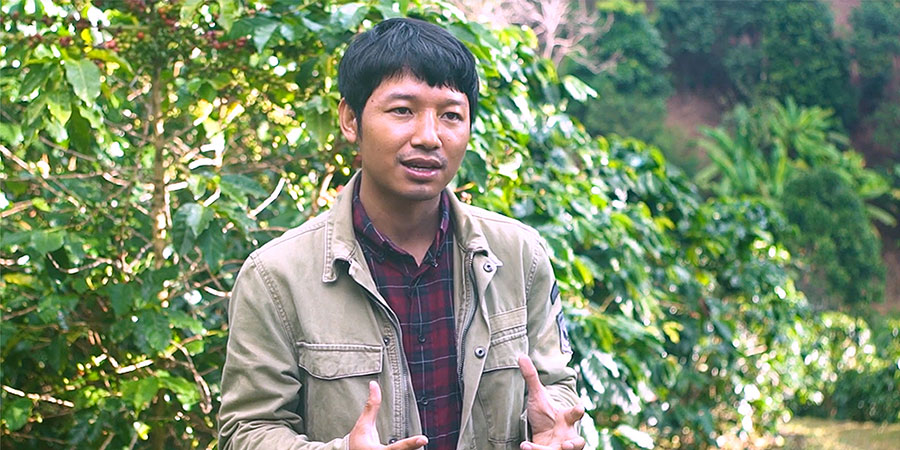
The system that we’re running with Akha Ama Coffee is very simple, and it’s widely applicable. Many young people in the Mae Chan Tai community are applying the same multi-cropping system and successfully producing coffee, tea, fruit and vegetables and we can pass the knowledge onto the next generation as well. I hope Akha Ama’s example will give families the chance to send their kids to school, and that those kids will come back to start businesses, enterprises and careers as farmers, merchants or social entrepreneurs, to elevate their communities.
Social enterprise is about seeing the bigger picture; it goes beyond your own business. It’s about identifying the problems in a community and finding the solutions. If the problem is lack of education because families can’t afford to send their kids to school, you can’t pay school fees with coffee beans. You have to work to create opportunities for the community to access better markets and generate income from produce that they can produce, so they can send their kids to school. In turn, this creates more opportunities and empowers the community. Social entrepreneurs help everyone, not just themselves, and it’s so important.
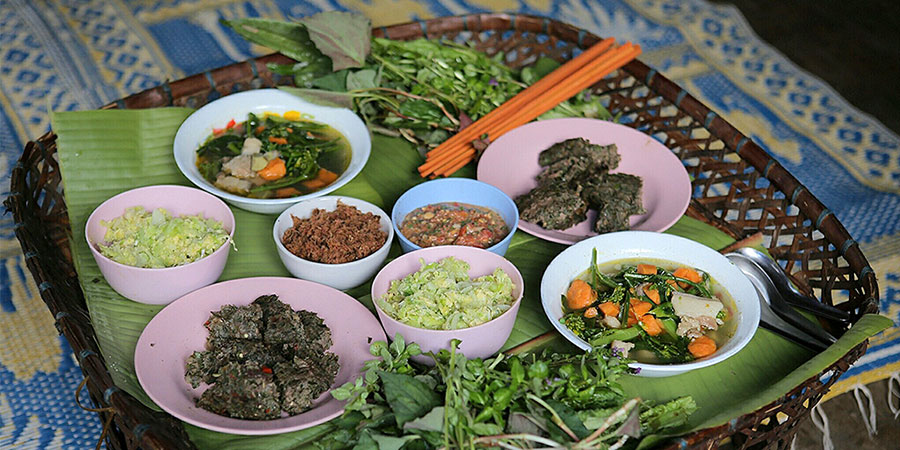
We’ve just finished our first factory, called “Akha Ama Living Factory”, so now we finally have our own place to roast and store the coffee. Next, we’ll open an indigenous kitchen in Chiang Mai to showcase the local food movement. We want to encourage chefs and young people to come together to talk about their family recipes, passed down through generations, and to cook together to experience the philosophy behind that cuisine. We hope to encourage people to actually be conscious of food, to create sustainability in the future.
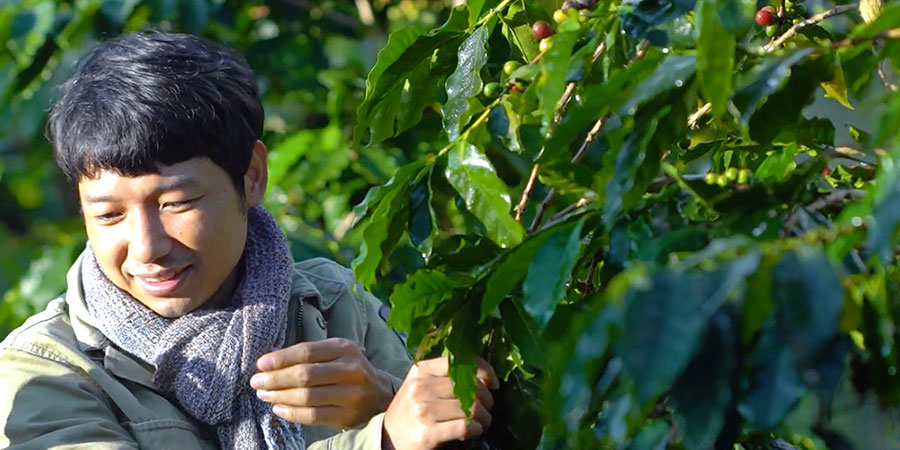
“Live positive.” It’s simple but powerful. Life today is hard, with political issues, economical issues and media distractions, but someone who lives positive has the energy to face challenges.
Normal things: eating, drinking, watching movies, playing sport. I have time for the things I love thanks to my excellent team. The whole company acts as a great support system and that teamwork is the secret to our success story.
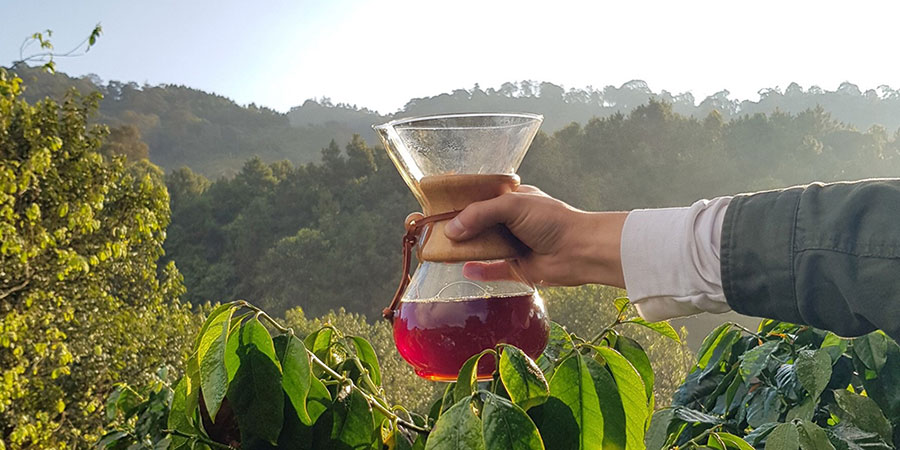
Espresso, of course. Espresso is pure so it’s the best. I always used to make my own, but living in the cafe it’s very difficult because my team say, “Mr Lee, no! We will brew for you!” I kind of worry that I’ve forgotten how to brew coffee for myself now.
I think it’s important for us to each address the need for sustainability. Whatever you do, think about how you can make a positive impact. Right now, in our cafe, I’m thinking about how we can minimise plastic use. If you are an architect or engineer, you can make your designs economical and environmentally friendly. If you’re a farmer, you can apply sustainable techniques like multi-cropping. Especially for young people, the key is for everyone to play their part and take responsibility. The planet has given us a lot, now it’s time to give back.
You heard him, let’s all do our bit. And if you need a little boost, grab an Akha Ama espresso–you’ll be able to pick up a cup at our ASAI flagship in Sathorn and soon after that, we’ll be serving it up internationally.
Go and visit Lee Ayu in Chiang Mai for all your quality coffee needs and find out more here: Akha Ama Coffee
